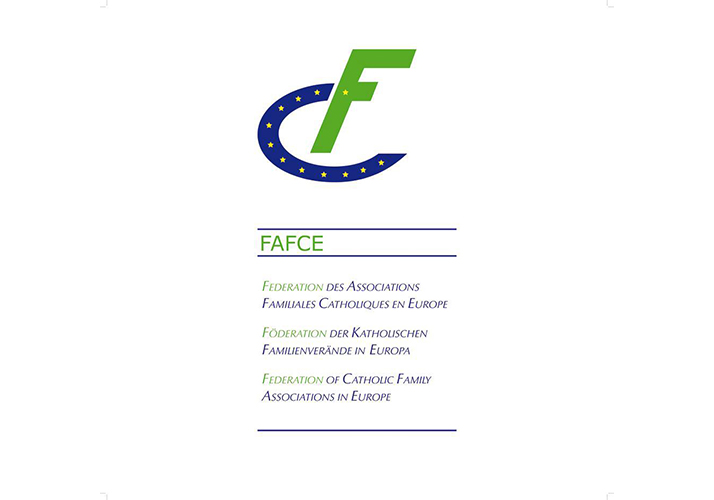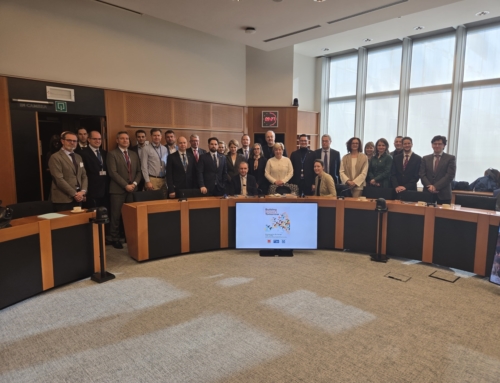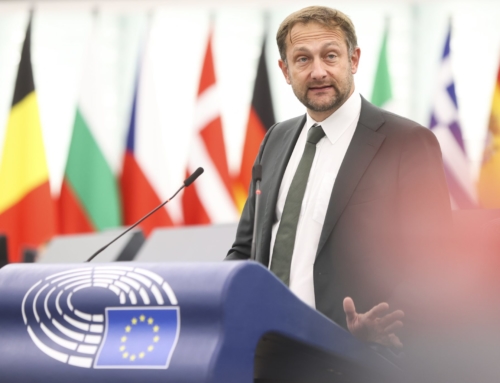FAFCE expresses its deep concern regarding the vote that took place this week, on 25 April, in the Culture and Education Committee (CULT) of the European Parliament on the review of the Audiovisual Media Services Directive. More than 1300 amendments had been tabled to the Commission’s proposal published in May last year and followed by long negotiations , evidence of the importance of this directive from several perspectives.
Focusing on the aspect of the protection of minors, FAFCE welcomes some steps forward with respect to the proposal of the European Commission: basic principles for the protection of minors from harmful contents are now extended to all audiovisual media services, including user-generated online video on video-sharing platforms.
Nevertheless FAFCE underlines that the current proposal of the European Parliament is not courageous enough. With regard to the directive currently in force the standards of protection of minors, even if these are extended in to video-sharing platforms, remain weakened – as in the Commission’s proposal. Thus, the CULT Committee proposal does not reinstates limitations over pornographic and harmful content, as proposed by Amendment 81 of the Committee on the Internal Market and Consumer Protection (IMCO). Rapporteur Sabine Verheyen (EPP, DE) declared: “One of our main priorities is the protection of minors. We proposed adapting some of the rules applying to programmes on television to internet services, such as rules on advertising, product placement and sponsorship”. FAFCE stresses the fact that the dangers for minors are not only on advertising and that for example pornography is widespread on free-access video-sharing platforms without any control.
Antoine Renard, FAFCE’s President, notes that “If the protection of minors was really a priority for the Rapporteurs, we would not face this situation where the focus of many debates is on quotas and commercial issues, rather than on concrete instruments to empower parents to protect children. The result is a downward compromise which gives the impression that MEPs are subject to the pressure of well financed lobby groups: if the words show an interest for the common good, the reality of this text shows the contrary“.
MEPs are now called to decide in the Plenary Sitting of 15 May in Strasbourg whether to open inter-institutional talks, for the final approval of the legislation.
Together with other National and International NGOs, FAFCE launched a joint letter calling “the European Parliament to stand with us and reinforce the provisions limiting pornography and gratuitous violence, by reinstating the ban of pornography and gratuitous violence from TVs and enlarging it to other audio-visual media services”. The letter can be found here (French and German versions are also available).
Contact:
Maria Hildingsson
+32 4 70 20 39 18
info@fafce.org







